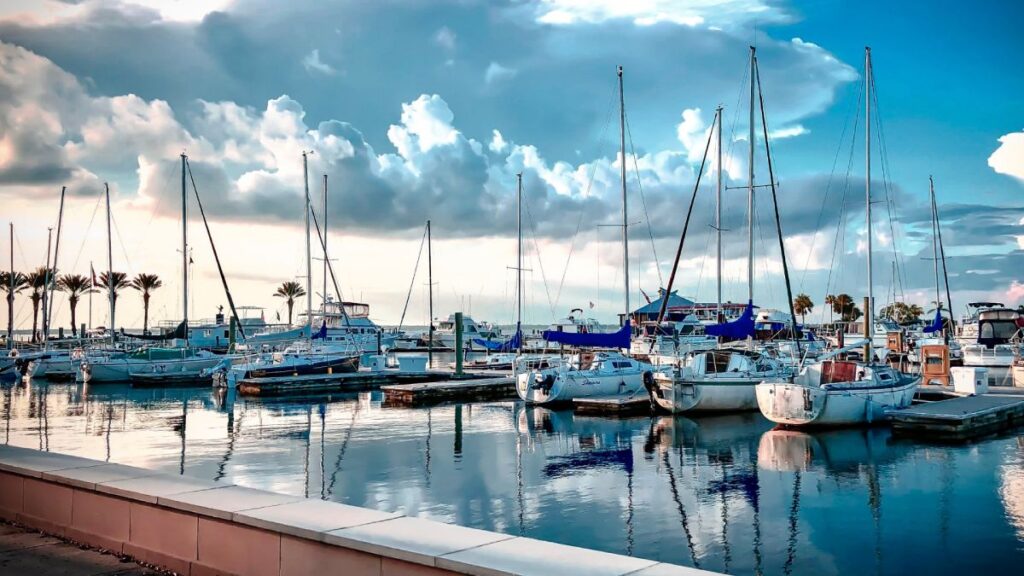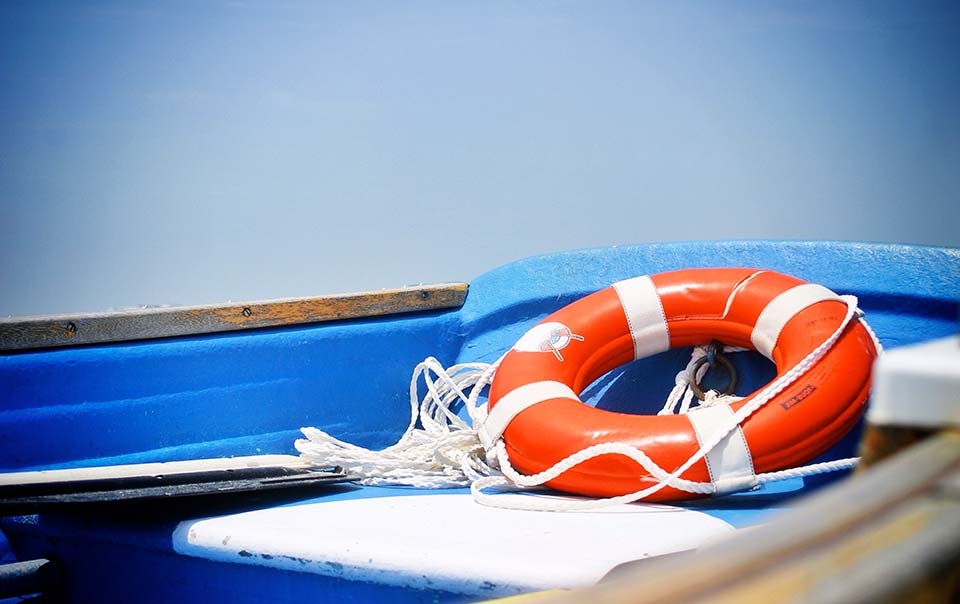For sailors, ensuring the longevity of their boats is a top priority. From new sailors quickly learning the ropes to veteran seafarers who know all the tricks of the trade, boat maintenance is an important part of making sure your vessel can take you safely and reliably out into open waters.
In this article, we will provide some useful tips for both novice and experienced captains on how to maintain their vessels and ensure they continue running well in years to come. So whether you are a first-time boater or have been sailing for decades, these maintenance strategies will help keep your vessel seaworthy and reliable.
Regular Inspections and Maintenance
Regular inspections and maintenance are key to ensuring your boat’s longevity. Before setting sail, it’s important to check all equipment on board for any possible issues or signs of wear and tear.
This includes inspecting the hull, propeller, rigging, sails, and other onboard systems for damage. It is also essential to check the fuel system during this time as well as test starting batteries if applicable.
Additionally, you must ensure all safety gear such as life jackets and flares are in good condition before embarking on a voyage. Regularly servicing engines can help extend their lifespan while keeping them running efficiently too! Finally, be sure to conduct routine cleanings of the entire vessel; from removing debris from inside cabin areas to scrubbing down decks with soap or deck cleaner – regular upkeep will keep your boat looking its best for longer periods!
Protect Your Boat from the Elements

Source: w3ins.com
Protecting your boat from the elements is essential for its longevity. To ensure that your vessel remains in good condition, consider investing in a quality cover or shrink-wrap to weatherproof it when not in use.
Additionally, inspect all areas of the hull and deck regularly; look for cracks, holes, and other damage. If any are present, consult with a professional to make repairs as soon as possible before they get worse.
Taking proactive steps to protect your boat from harsh environmental conditions will help you keep sailing longer without having to worry about costly repairs down the road.
Cleaning and Sanitizing Strategies
Cleaning and sanitizing your boat is essential to ensuring its longevity. It is important to understand that the environment of a boat can be quite different from what you may find on land, so sailors must take precautions when cleaning and sanitizing their boats.
To ensure your vessel remains in peak condition for years to come, there are some key strategies you should have in place. First, routine maintenance and cleaning of the exterior surfaces will help protect against corrosion caused by saltwater or other contaminants. This includes regularly checking for dirt buildup on the hull or decking and making sure all areas are properly drained after use.
Additionally, make sure any exposed metal parts such as fittings or hardware are coated with rust-inhibiting products like zinc chromate paint for extra protection against moisture damage over time. Second, interior spaces should also be kept clean by vacuuming carpets and wiping down surfaces with an approved disinfectant cleaner at least once a month during the active sailing season.
For added assurance that odors won’t linger between trips out on the water, consider investing in an odor eliminator specially designed for boats that utilize UV light technology to kill bacteria without leaving behind harsh chemical smells. Finally, don’t forget about regular inspections of all hoses used throughout the vessel – especially when it comes to sanitation systems – as this will help ensure everything onboard remains safe and functioning correctly over time.
Boat System Troubleshooting Tips

Source: www.travelers.com
When it comes to boat system troubleshooting, there are a few key steps that new and veteran sailors should take. First, check the basics: does the fuel pump work? Are all connections secure? Is the engine getting enough oil pressure? If these items check out, move on to more complex systems. Check for electrical faults or wiring issues, look at your bilge pumps for any blockages or damage, and make sure cooling systems are working correctly.
Next, inspect belts and hoses for wear or other signs of malfunctioning parts. Finally, if youre still having problems with your boat’s systems after checking these things out yourself, don’t hesitate to call in an expert who can help diagnose any deeper mechanical issues that may exist.
Taking regular preventive maintenance measures is also essential for keeping your boat running smoothly; this includes changing filters regularly and inspecting all moving parts for signs of wear and tear. With a little bit of extra care and attention from both novice and experienced sailors alike, you’ll be able to ensure that your beloved vessel stays afloat longer than ever before!
Fuel Efficiency Considerations
Fuel efficiency is an important consideration for boat owners. To ensure your vessel’s longevity, maintain a regular maintenance schedule that includes inspecting your engine and fuel system components regularly.
A well-maintained engine will not only provide optimal performance but also help you save money on fuel costs over the long run. Additionally, consider upgrading to newer technology such as more efficient engines or sails if appropriate for your boat.
By investing in quality parts and materials now, you can significantly reduce future repair costs associated with poor upkeep of your vessel. Properly stowing gear while sailing can also improve fuel efficiency by reducing drag caused by wind resistance against loose items stored on deck or in the cabin.
Finally, be sure to use grade-appropriate oil and fuels for maximum efficiency from each tankful of gas or diesel used in powering up your sailboat’s journey across the water!
Conclusion

Source: www.dvidshub.net
Maintaining your boat is an important part of ensuring its longevity. It can be intimidating for a new sailor, but with the right advice and guidance, it doesn’t have to be.
Following these maintenance tips will help ensure that your boat lasts for many years to come: Always use the correct motor oil; inspect all hoses and lines regularly; keep your deck clean and tidy; check weather forecasts and pay attention to changing conditions at sea; install floating pneumatic rubber fender if youre planning on docking in areas with strong currents or heavy winds. Doing these simple things will go a long way towards preserving the life of your boat while giving you peace of mind when out on the water.

